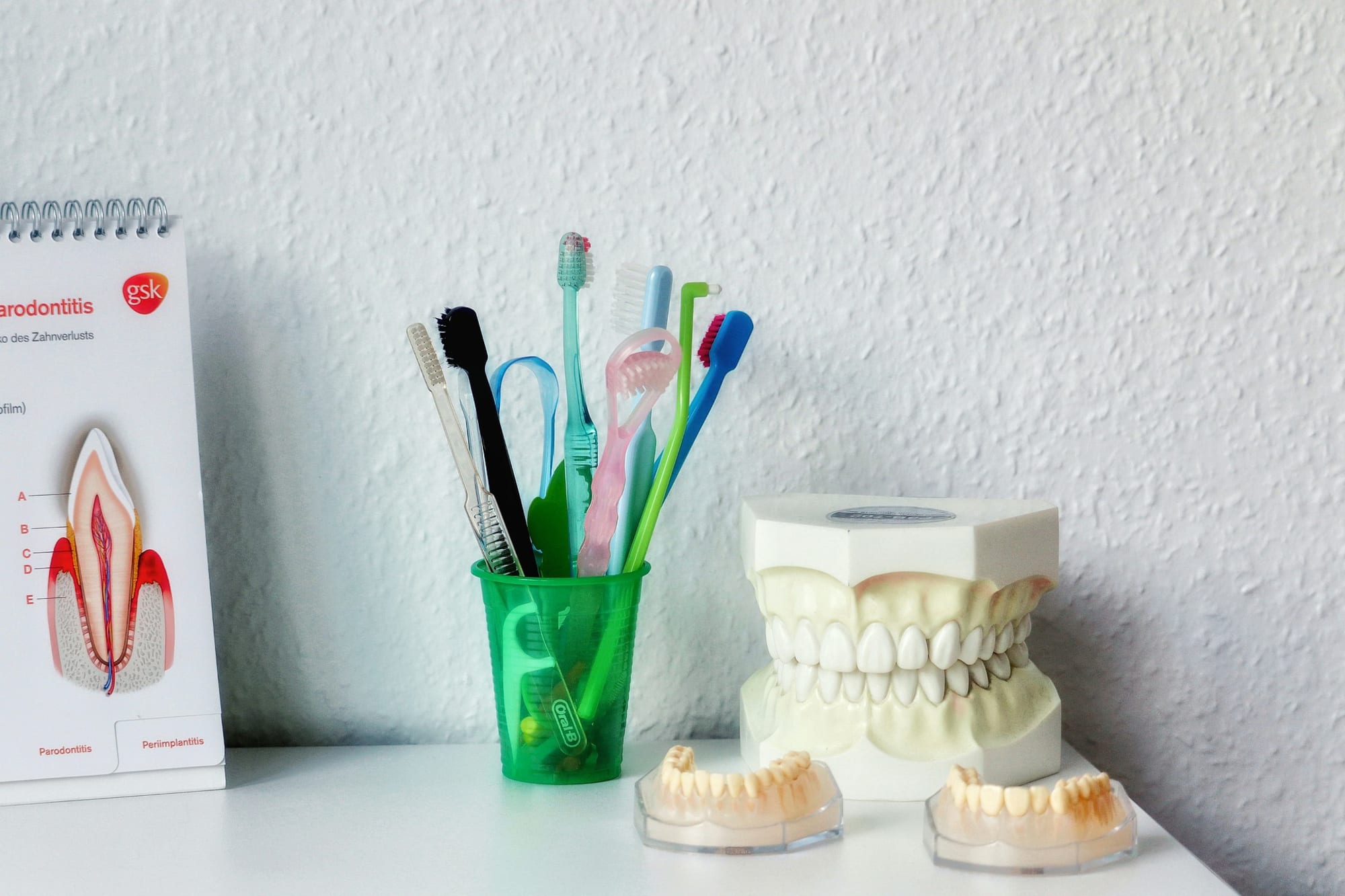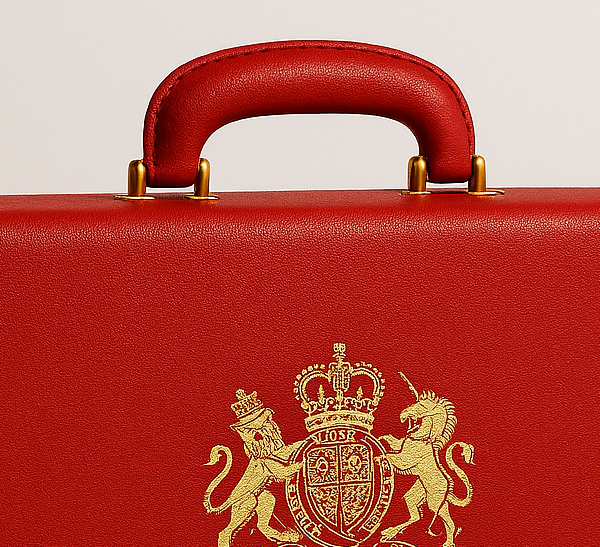Article
Removal of status concession for Associate Dentists
Article
Removal of status concession for Associate Dentists
November 15, 2021
3 minute read
Under a current concession, H M Revenue & Customs allow associate dentists to be treated as self-employed. This concession will however be withdrawn from 6 April 2023 meaning that the dental practice will need to determine the associate dentist’s employment status using the normal status tests.

Under a current concession, H M Revenue & Customs allow associate dentists to be treated as self-employed. This concession will however be withdrawn from 6 April 2023 meaning that the dental practice will need to determine the associate dentist’s employment status using the normal status tests.
Background
Associate dentists do not own their own practice, instead they work on a profit sharing basis with the dentist practice under a licence agreement to see patients and to use the main practices equipment and surgery.
Associate dentists are taken on for a variety of reasons, such as succession, to reduce a heavy workload, increase the practice’s profitability or to increase the range of services that can be offered.
For a number of years, associate dentists have operated under a H M Revenue & Customs “HMRC” concession, meaning that they were automatically treated as self-employed and their profits treated as trading income and reportable on their own tax returns, subject to income tax and Class 2 & 4 NIC. The advantages of this to the practice are that they do not need to account for Class 1 employer NIC on the associate’s income (at a rate of 13.8%) or report and pay tax under the PAYE system.
HMRC have recently reviewed this position and as a result, they have confirmed that the current concession will be withdrawn with effect from 6 April 2023.
What this means
From April 2023, all new and existing associate dentists will need to have had their employment status reviewed by the dental practice on a case by case basis, the same as any other worker. The HMRC CEST tool can be used as part of the determination of the status position and dental practices should ensure they keep a record of the answers and outcome of any review in the event of any enquiries by HMRC.
Where the associate dentist is found to be an employee under the status test, the practice would be required to put them on the payroll and subject them to tax and NIC under the PAYE system. In addition, Class 1 employers NIC would be due to be paid on the salary. If instead the review suggested that the associate is genuinely self-employed, there would be no changes to the current arrangements.
Given HMRC’s approach to the IR35 legislation, dental practices engaging with associates can expect questions to be raised and if you require any help or assistance in dealing with the review of an associate, please get in touch with your usual Shaw Gibbs contact.
Related content
Need expert advice?
Speak to an expert for advice on
+44-1865 292200 or get in touch online to find out how Shaw Gibbs can help you
Email
info@shawgibbs.com
Need expert advice?
Speak to an expert for advice on
+44-1865 292200 or get in touch online to find out how Shaw Gibbs can help you
Email
info@shawgibbs.com




